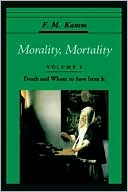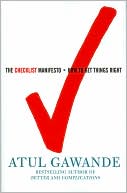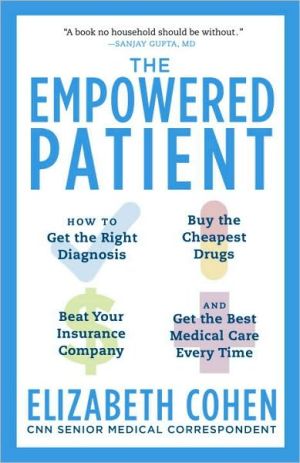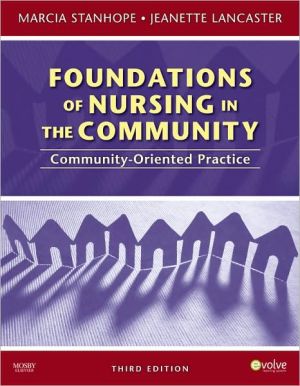Morality, Mortality: Death and Whom to Save from It, Vol. 1
Search in google:
Why is death bad for us, even on the assumption that it involves the absence of experience? Is it worse for us than prenatal nonexistence? Kamm begins by considering these questions, critically examining some answers other philosophers have given. She explores in detail suggestions based on our greater concern over the loss of future versus past goods and those based on the insult to persons which death involves. In the second part, Kamm deals with the question, "Whom should we save from death if we cannot save everyone?" She considers whether and when the numbers of lives we can save matter in our choice, and whether the extra good we achieve if we save some lives rather than others should play a role in deciding whom to save. Issues such as fairness, solidarity, the role of random decision procedures, and the relation between subjective and objective points of view are discussed, with an eye to properly incorporating these into a nonconsequentialist ethical theory. In conclusion, the book examines specifically what differences between persons are relevant to the distribution of any scarce resource, discussing for example, the distribution (and acquisition) of bodily organs for transplantation. Kamm provides criticism of some current procedures for distribution and acquisition of a scarce resource and makes suggestions for alternatives.
Introduction3IDeath: From Bad to Worse1Why Is Death Bad?132The Asymmetry Problem: Death and Prenatal Nonexistence253Accounting for Asymmetry?394Appropriate Attitudes toward Nonexistence56Appendix: Inclines and Declines67IISaving Lives: General Issues5Is It Worse If More Die: Agent Relative or Non-Relative Views?756Is It Right to Save the Greater Number?997Ideal Procedure, Nonideal Alternatives, and Proportional Chances1238Are There Irrelevant Utilities?1449Sobjectivity: The Anatomy of the Subjective and Objective in Moral Judgment16510Sobjectivity: Aggregation and Scales of Equivalents and Cost180IIIScarce Resources: Theoretical Issues, Specific Recommendations, and Organ Transplants11Acquisition of Organs20112Distribution of Resources: Need and Outcome23313Distribution of Resources: Urgency and Outcome26814Distribution of Resources: Outcome, Waiting Time, and Money28415Procedures for Distribution304Bibliography331Index335








